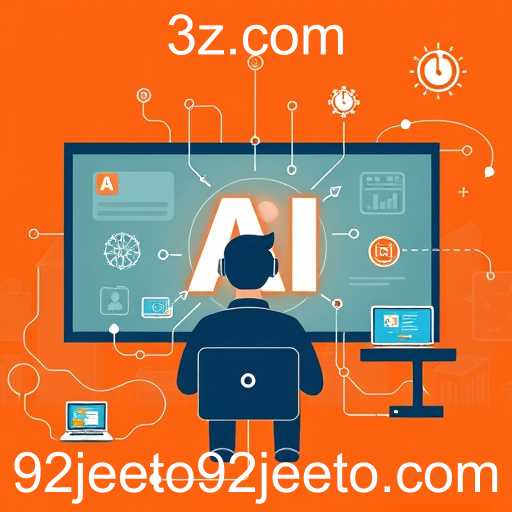Exploring the transformative impact of artificial intelligence on the education sector, including its potential benefits and challenges as it becomes increasingly ingrained in learning systems.
In recent years, artificial intelligence (AI) has been rapidly integrated into various sectors, significantly transforming the way industries operate. One of the most impacted areas by this technological wave is education. As we explore the possibilities AI offers to educators and students, there comes an exciting mixture of opportunities and challenges that deserve a close examination.
AI's primary impact on education comes from its ability to personalize learning experiences. Adaptive learning platforms utilize AI to assess each student's strengths and weaknesses, offering tailored content that can help boost their learning curve. This customization can greatly enhance student engagement and retention, making learning not only more effective but also more enjoyable.
Furthermore, AI assists in administrative tasks, allowing educators to focus on what they do best—teaching. Routine tasks such as grading and scheduling can be handled by intelligent systems, thereby reducing the workload on teachers and giving them more time to interact with students and develop creative lesson plans.
Despite these promising benefits, the rise of AI in education is not without its challenges. Privacy concerns are at the forefront, as collecting data on students raises significant ethical questions. Safeguarding sensitive data is paramount to prevent misuse or breaches that could harm learners' futures. Schools and institutions must invest in robust security measures to protect student information.
Another concern is the potential for AI to exacerbate existing inequities in education. While some schools can afford cutting-edge AI tools, others lack the resources to implement these technologies, creating a digital divide. Ensuring that all students have equal access to AI-driven educational tools is essential for its benefits to be widespread and inclusive.
Moreover, there is an ongoing debate on the role teachers will play in an AI-enhanced educational system. While AI can process tasks more efficiently, it can never replace the human touch—the empathy, inspiration, and motivation—that educators bring into the classroom. As such, the role of teachers is expected to evolve, requiring them to become facilitators and guides, rather than mere providers of information.
In conclusion, while AI presents breathtaking opportunities for transforming education, it is crucial to address the accompanying challenges thoughtfully. Policymakers, educators, and technologists must collaborate to create a balanced and ethical framework that allows AI to empower learners across the globe without compromising their rights or equity.




